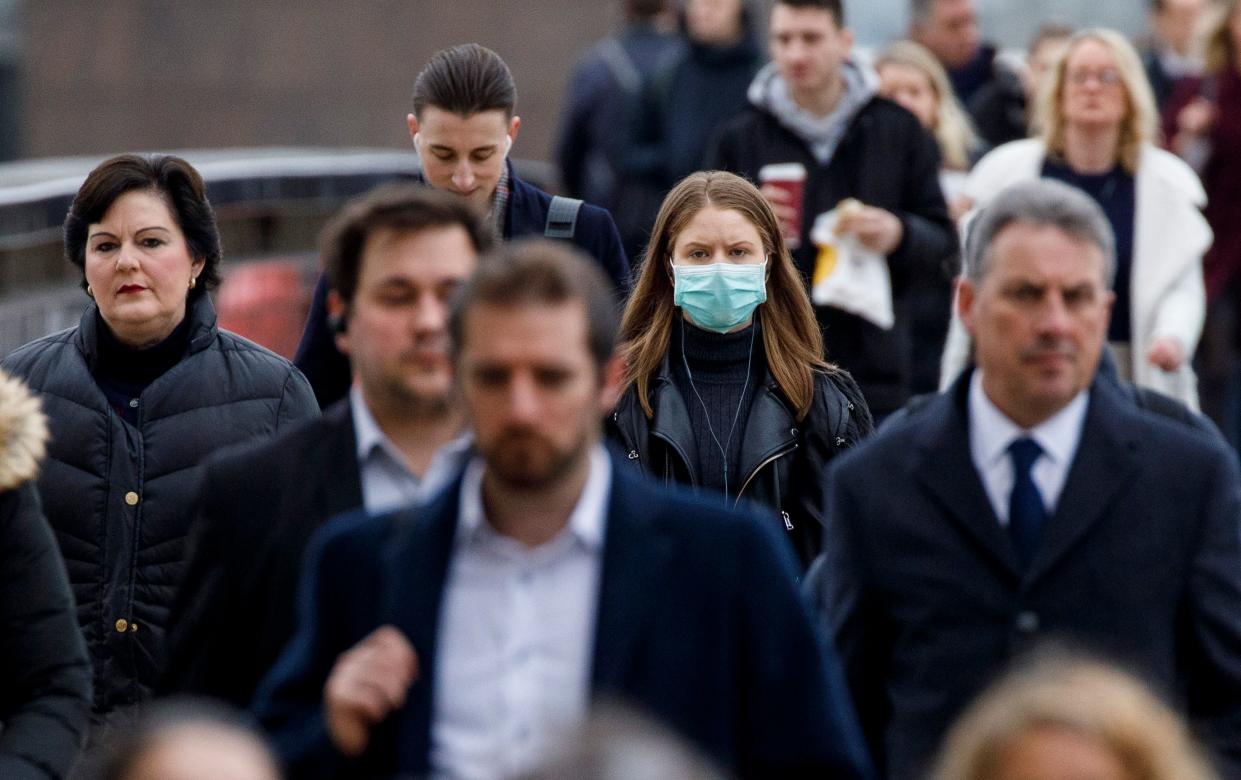OECD: Second coronavirus wave could see UK unemployment reach nearly 15%

The UK unemployment rate could surge to almost 15% if there is a second wave of coronavirus infections in the country, the Organisation for Economic Cooperation and Development (OECD) warned on Tuesday.
The OECD released two projections for the UK labour market, noting that employment in the country was projected to fall by 4.6% in 2020 and grow by only 2.1% in 2021 if there is only one wave of the virus.
The impact of the coronavirus pandemic would push the overall unemployment rate to a record high of 11.7% by the end of the year. The OECD said it was only expected to fall back to 7.2% in 2021.
In what it calls its second-wave scenario, unemployment in the UK could reach 14.8% by the end of 2020, the OECD said.
Experts are increasingly fearful that countries could experience a resurgence of infections in the coming months, forcing governments to impose further lockdown measures.
READ MORE: OECD adds risk of COVID-19 'double-hit' in bleak economic forecasts
The UK unemployment rate had previously hit a record low of 3.8% in the final three months of 2019.
The group warned on Tuesday that countries needed to move quickly to extend unemployment benefits.
In a new report, it said that the unemployment rate among its 37 member countries fell to 8.4% in May 2020 — marginally lower than the decade high seen in April.
“As prospects of quickly finding new work will remain poor for many, some countries should extend unemployment benefit durations to prevent jobseekers from sliding too quickly into much less generous minimum income benefits,” the OECD said.
The organisation described the economic impact of the pandemic as “far worse” than the 2008 financial crisis, noting that government policy “must remain supportive” throughout the crisis to minimise the risk of a “prolonged” slump.
It warned that the pandemic had “disproportionally affected” the self-employed, young people, women, and temporary and lower-paid workers.
Workers in the top earnings quartile in the UK were, on average, twice as likely to be working from home than those in the bottom quartile.
Those in the bottom quartile were three times as likely to be out of work, it said.
READ MORE: What to expect from UK chancellor Rishi Sunak's summer statement
New online job postings for what the OECD describes as “middle-skill occupations” contracted twice as much as those for low-skill occupations between February and April, but 40% more than those for high-skill occupations.
“These results point to the possibility that the COVID-19 shock will reinforce the existing trend of employment polarisation,” it said.
The OECD said that the UK had taken a number of “extraordinary” measures to support workers, noting that almost a third of workers were being supported by the government’s furlough scheme at the end of May.
This was compared to the 25% of workers who were being supported in countries that have implemented similar schemes.
The OECD warned that countries OECD countries must strike “the right balance” between providing continuous support to workers and encouraging business activity.



